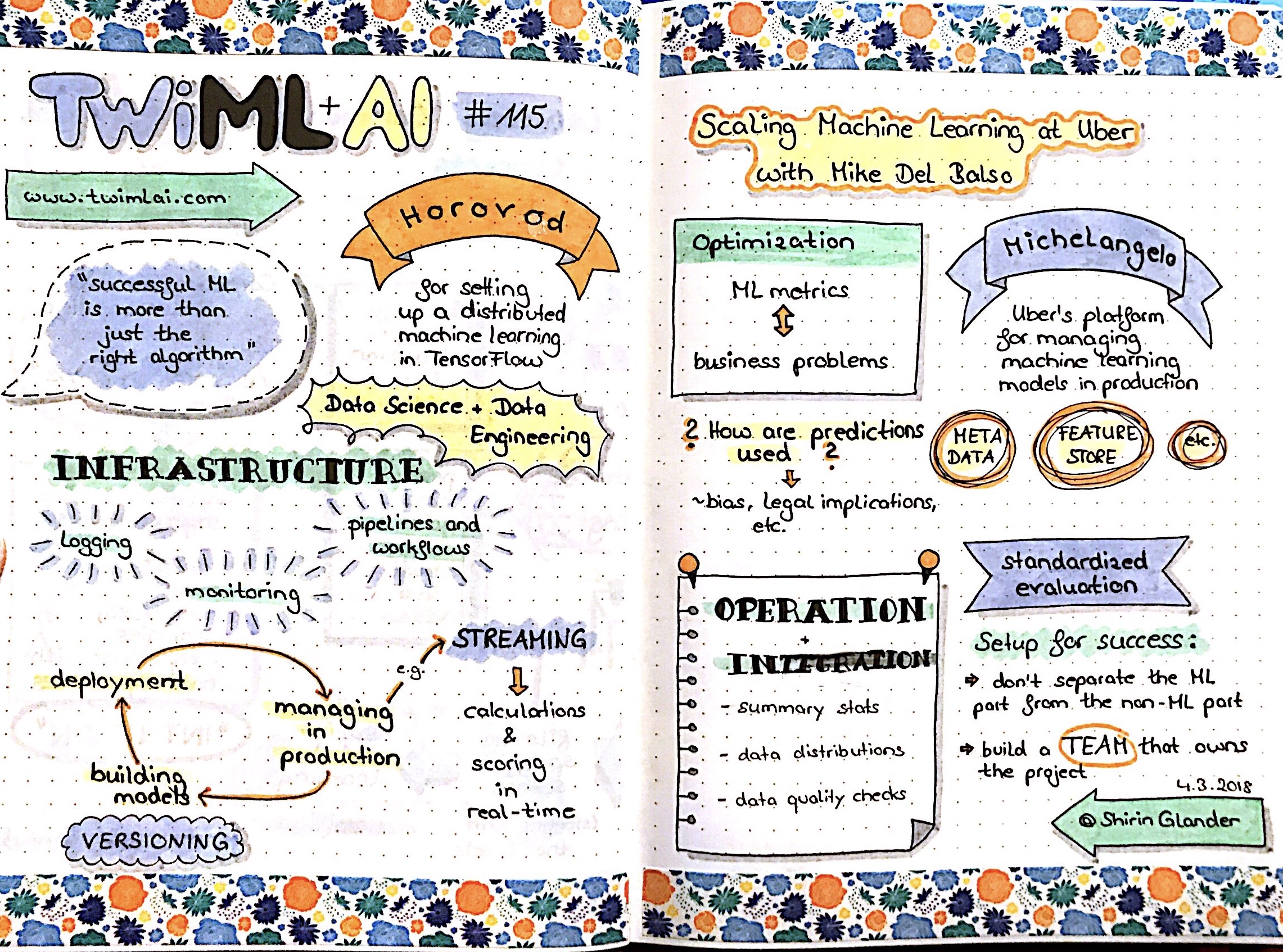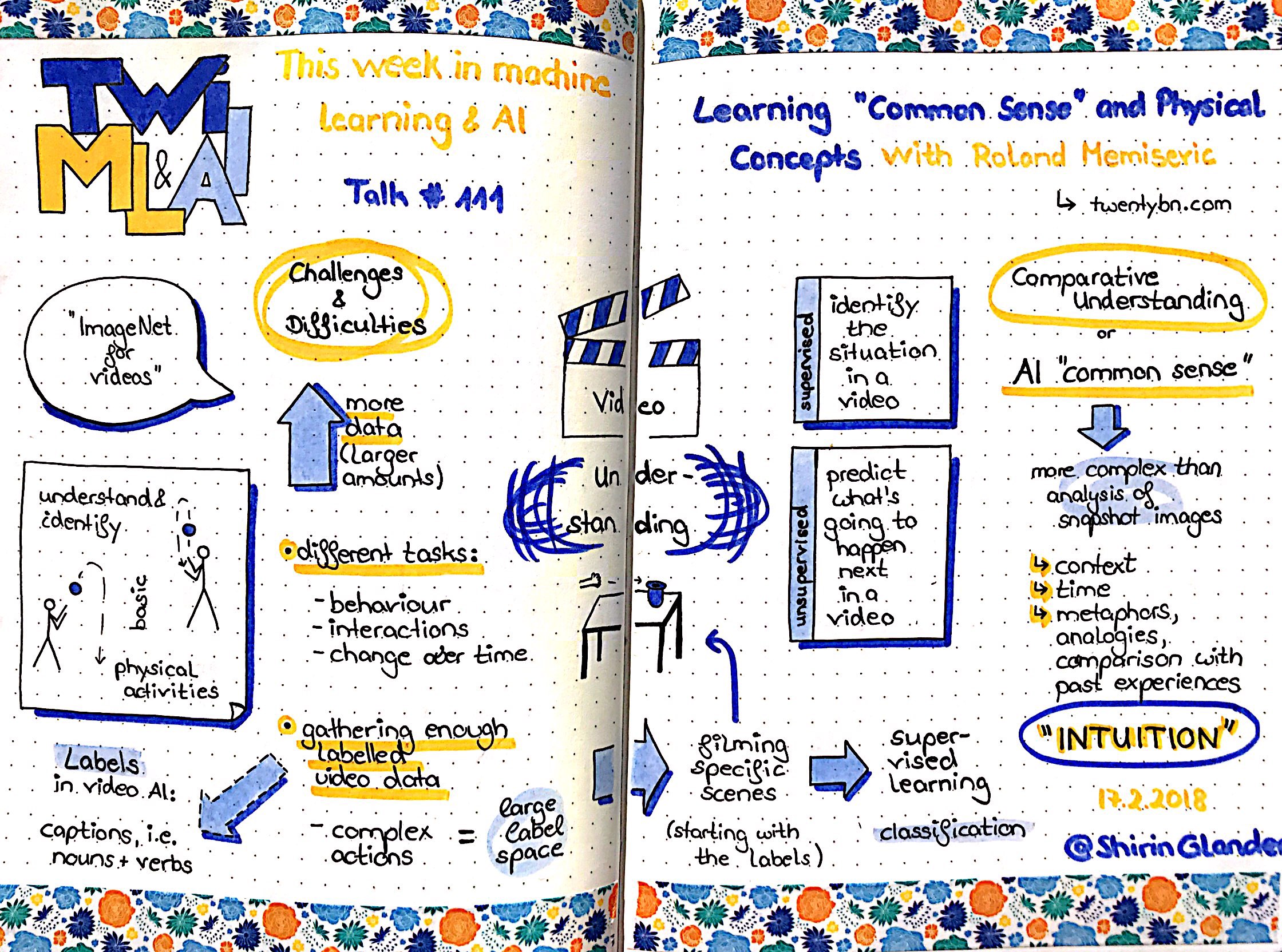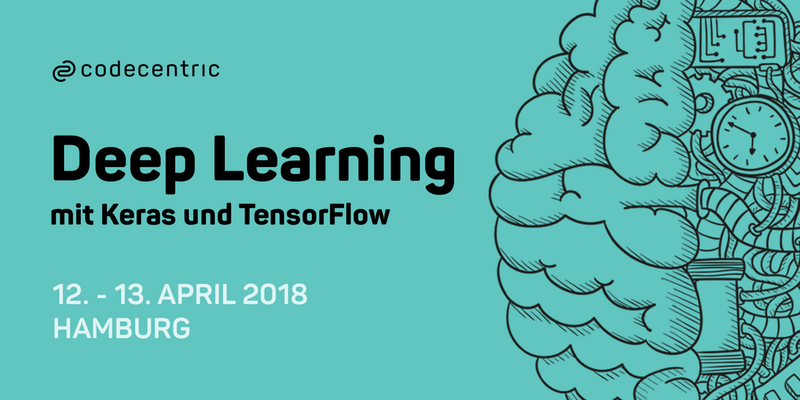In our next MünsteR R-user group meetup on Tuesday, April 17th, 2018 Kai Lichtenberg will talk about deep learning with Keras. You can RSVP here: http://meetu.ps/e/DDY1B/w54bW/f
Although neural networks have been around for quite a while now, deep learning really just took of a few years ago. It pretty much all started when Alex Krizhevsky and Geoffrey Hinton utterly crushed classic image recognition in the 2012 ImageNet Large Scale Visual Recognition Challenge by implementing a deep neural network with CUDA on graphics cards.






